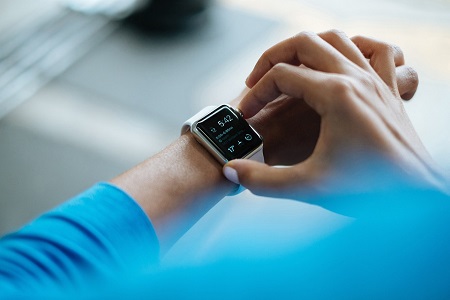A new strategy could have law enforcement personnel in the Netherlands wearing high tech devices.
Law enforcement in the Netherlands are looking to a new high tech police augmented reality system to help them to fight crime. The Dutch national police has been collaborating with several other organizations in this effort. It may mean that they one day use the Microsoft Hololens during a regular day.
The Dutch police have identified a string of different ways in which augmented reality could help them.
The police augmented reality project is the result of a collaboration among the national police force, the national fire brigade, the Dutch Forensic Institute, Delft University of Technology, and Twnkls, an AR development firm.
 Chief Inspector Rob Kouwenhoven spoke in an interview with a Dutch newspaper explaining that there are many scenarios in which augmented reality technology could be very helpful.
Chief Inspector Rob Kouwenhoven spoke in an interview with a Dutch newspaper explaining that there are many scenarios in which augmented reality technology could be very helpful.
The police augmented reality technology is still in somewhat of a prototype phase as it is tested.
At the moment, the AR tech being tested out involves the use of a smartphone camera attached to the shoulder of the user. It also requires another device to be strapped to the wrist. That gadget can be used for taking notes about a crime scene or for marking evidence.
The national police force is currently looking into whether or not it will be possible to test the Hololens augmented reality device. That Microsoft gadget may be able to provide an overlay of relevant information to wearers conducting a forensic investigation. This has the potential to simplify the investigation process and bring a crime’s various puzzle pieces together.
Kouwenhover pointed out that this AR tech could also be helpful within the courtroom. It could be used to reconstruct the scene of a crime in a much clearer and more visual way. At the moment, this effort requires a physical reenactment of the event in combination with a great deal of paperwork.
By using police augmented reality, a judge would be able to more clearly and realistically see what happened during the event. It could include the display of pieces of evidence and illustrated with digital animations and annotations overlaid on top of the crime scene imagery. Should things go as planned, the tech could be launched for police use in 5 years.

 According to IDC senior research analyst Jitesh Ubrani, wearable technology companies have yet to give consumers a reason to want to buy. “A lot of what these devices can do, they’re essentially just mimicking the phone.”
According to IDC senior research analyst Jitesh Ubrani, wearable technology companies have yet to give consumers a reason to want to buy. “A lot of what these devices can do, they’re essentially just mimicking the phone.”